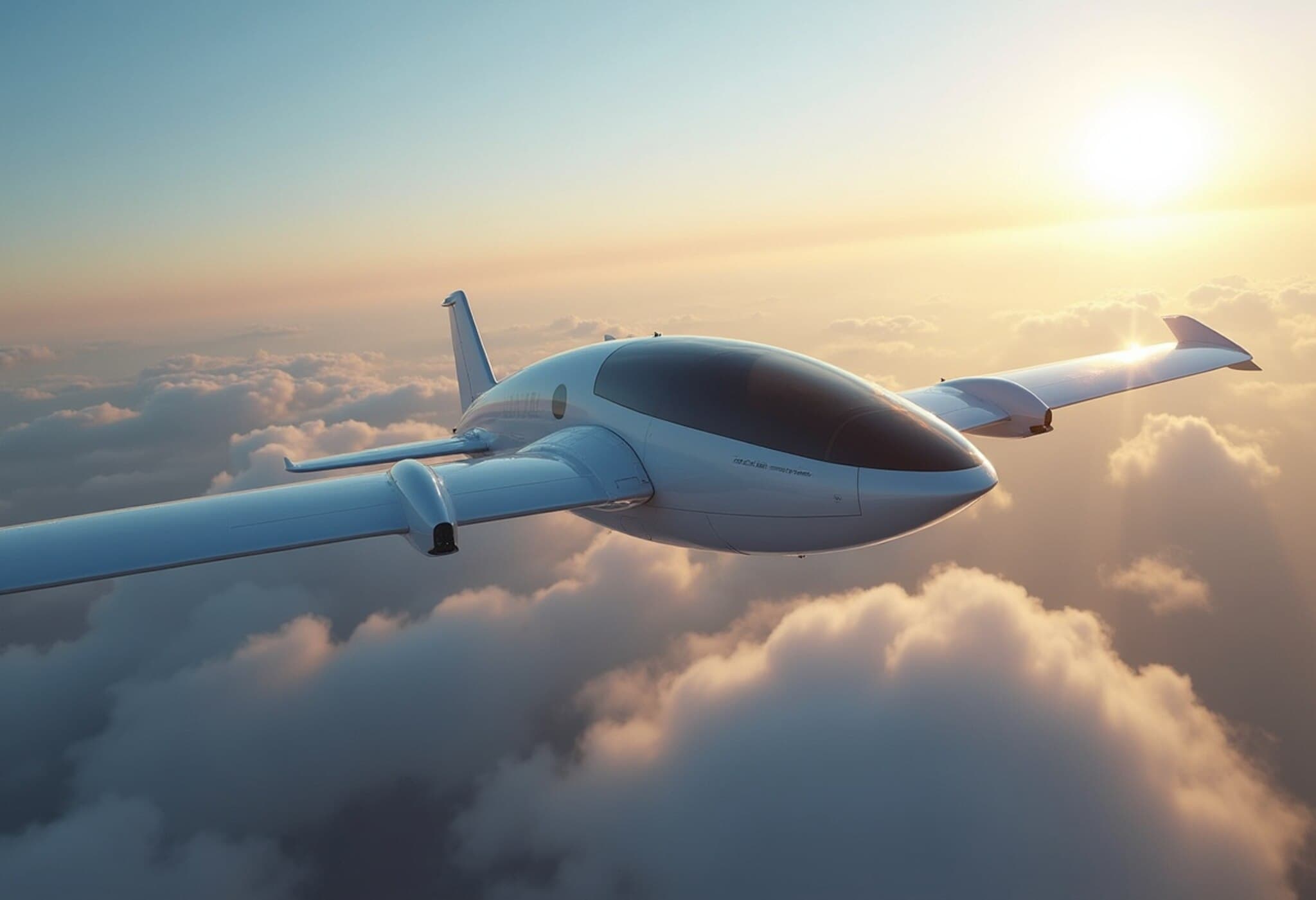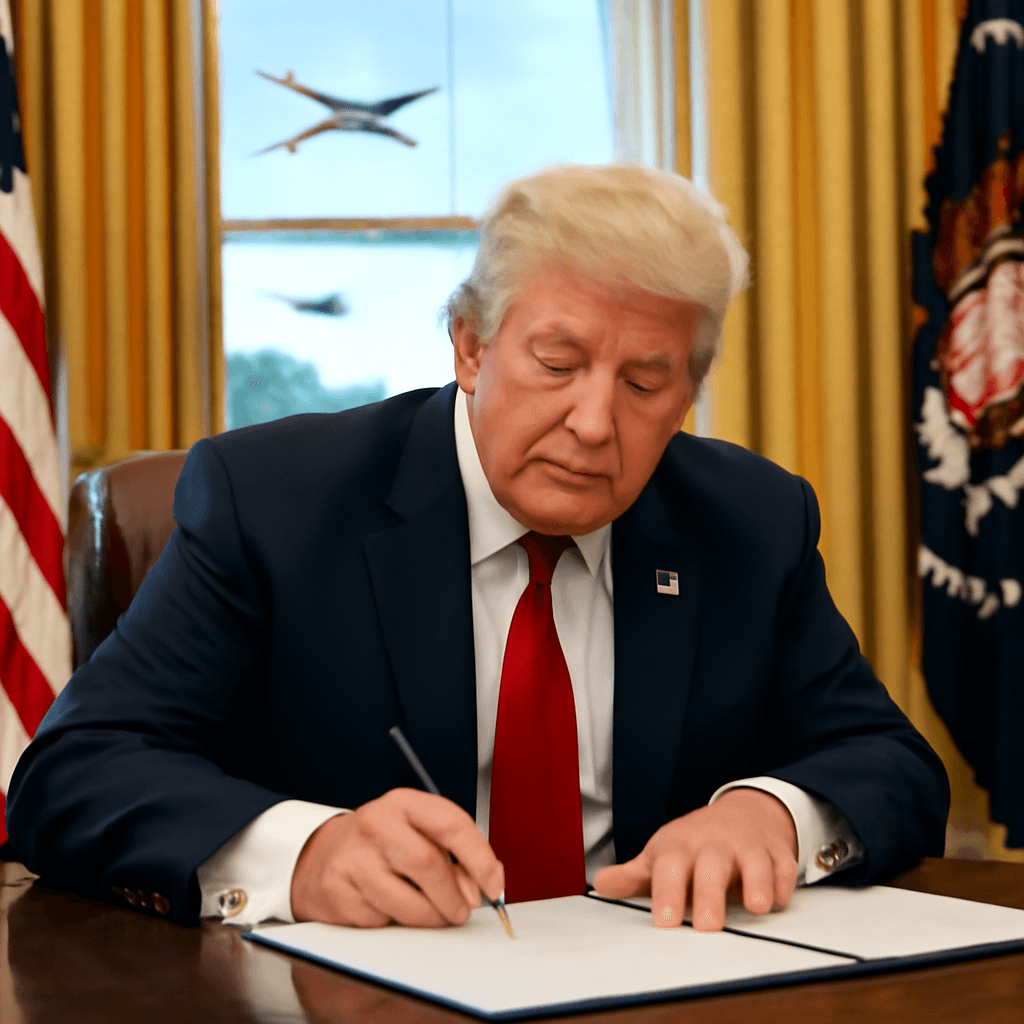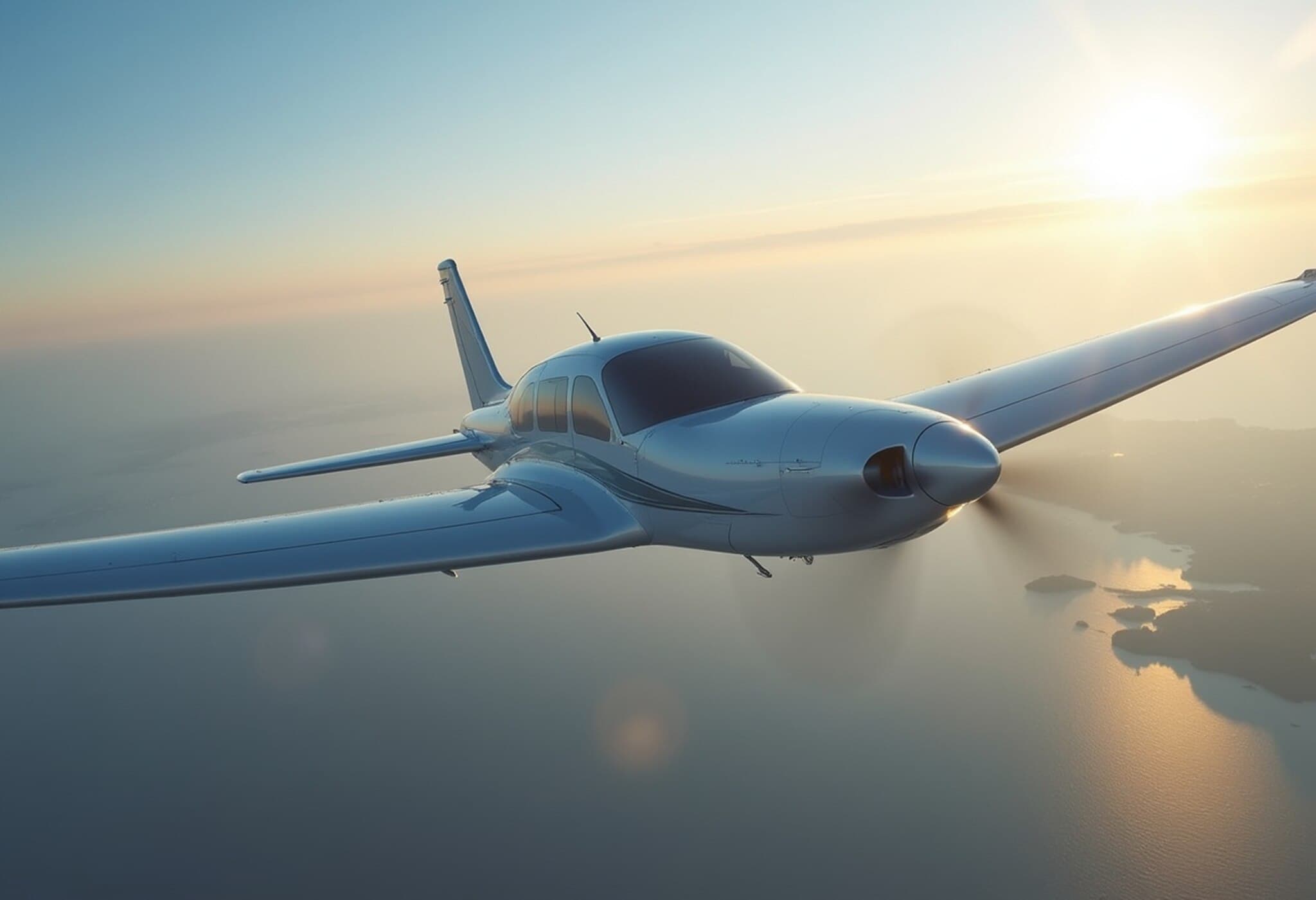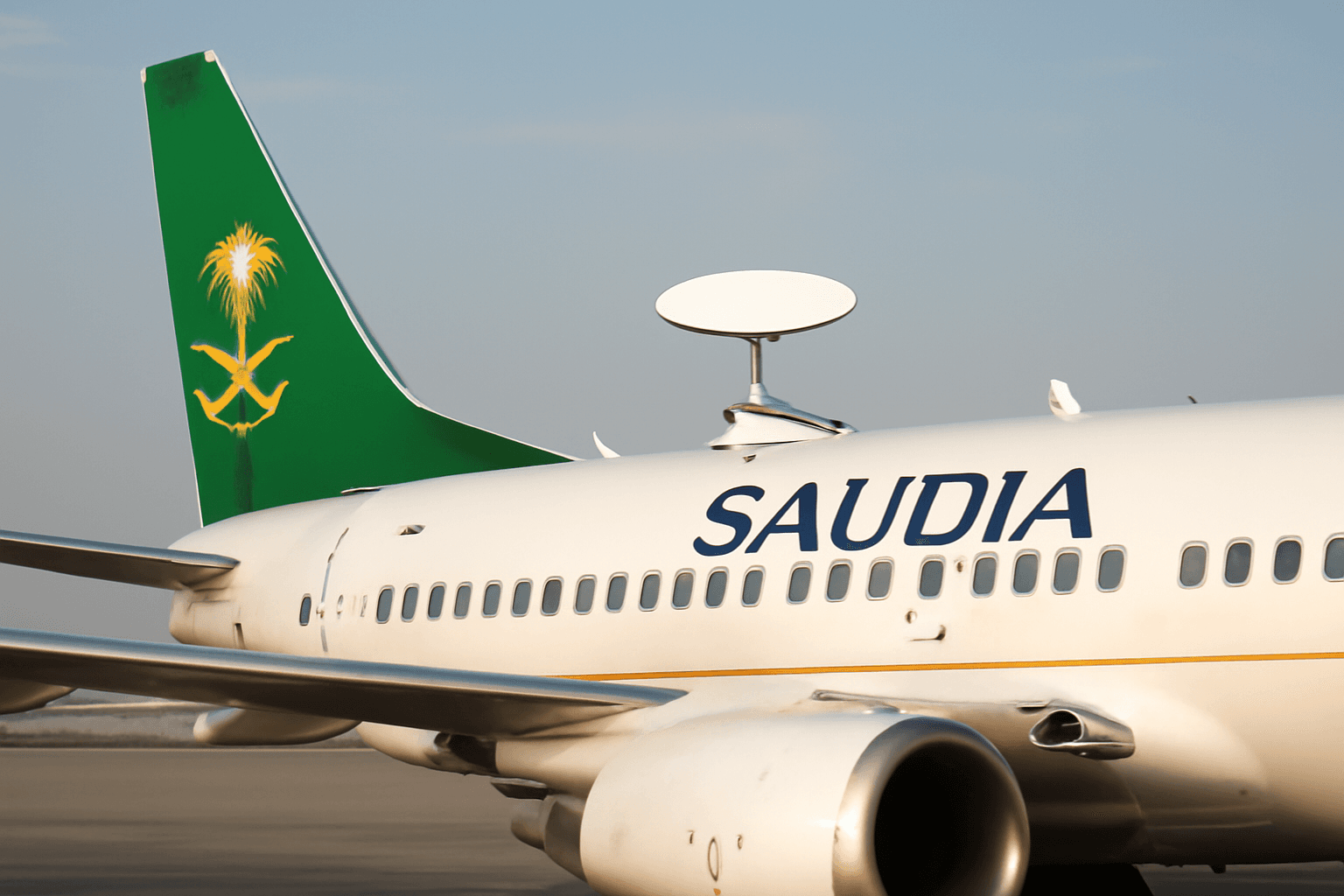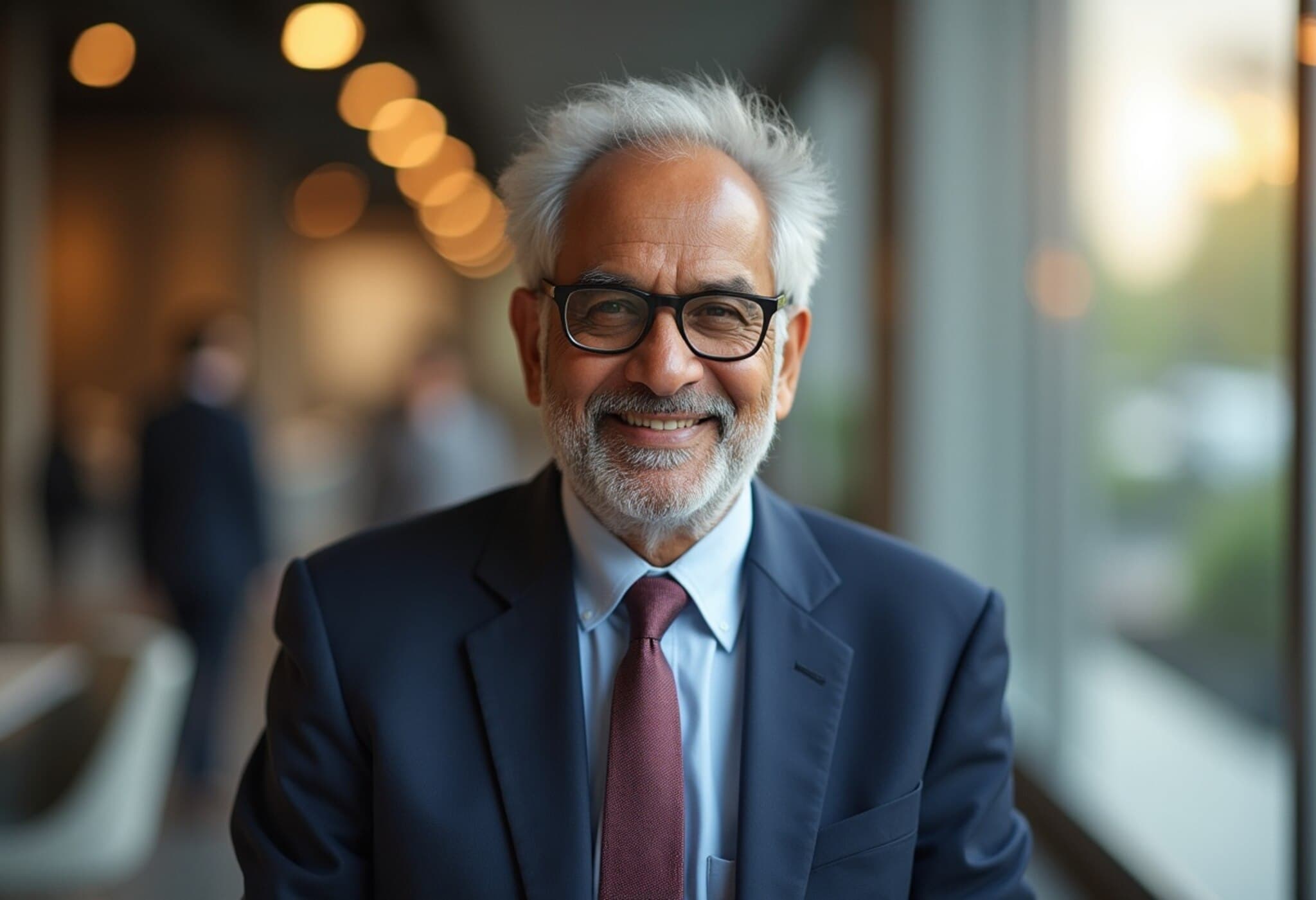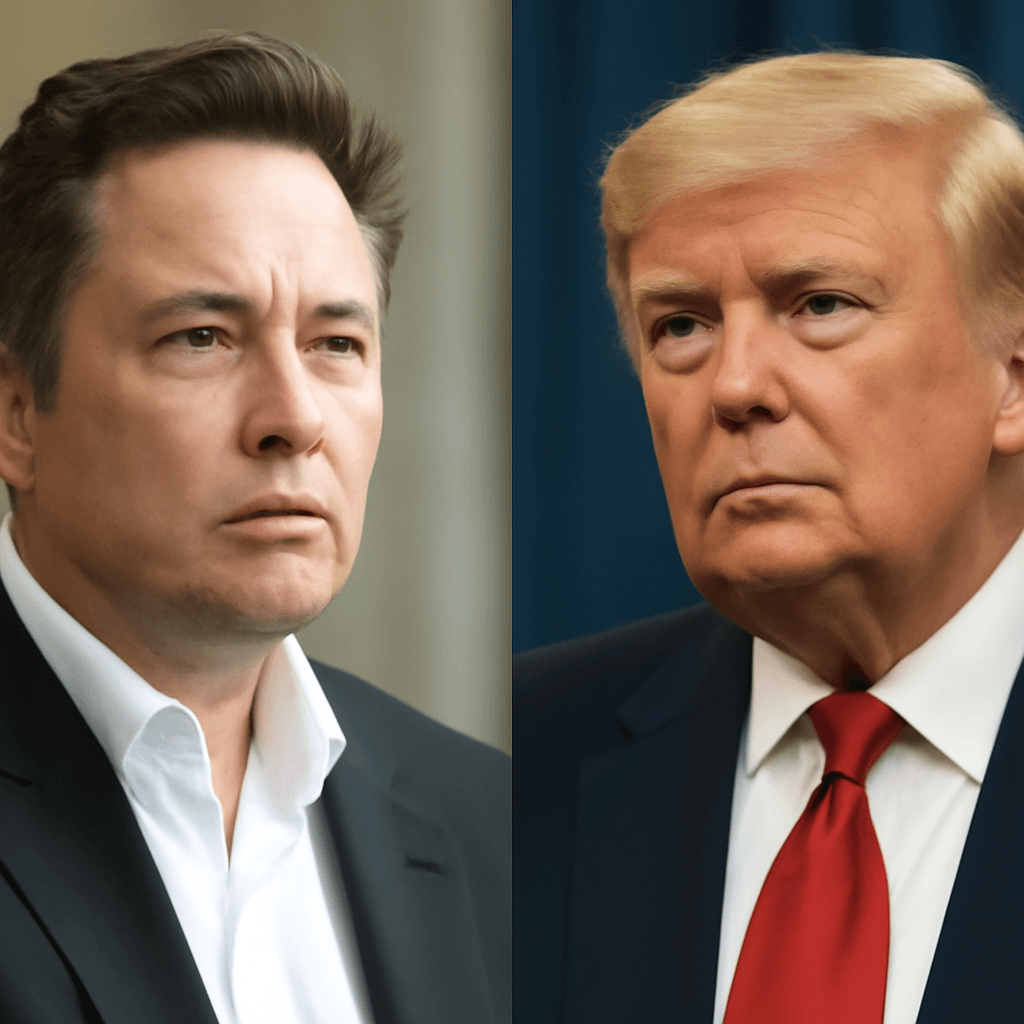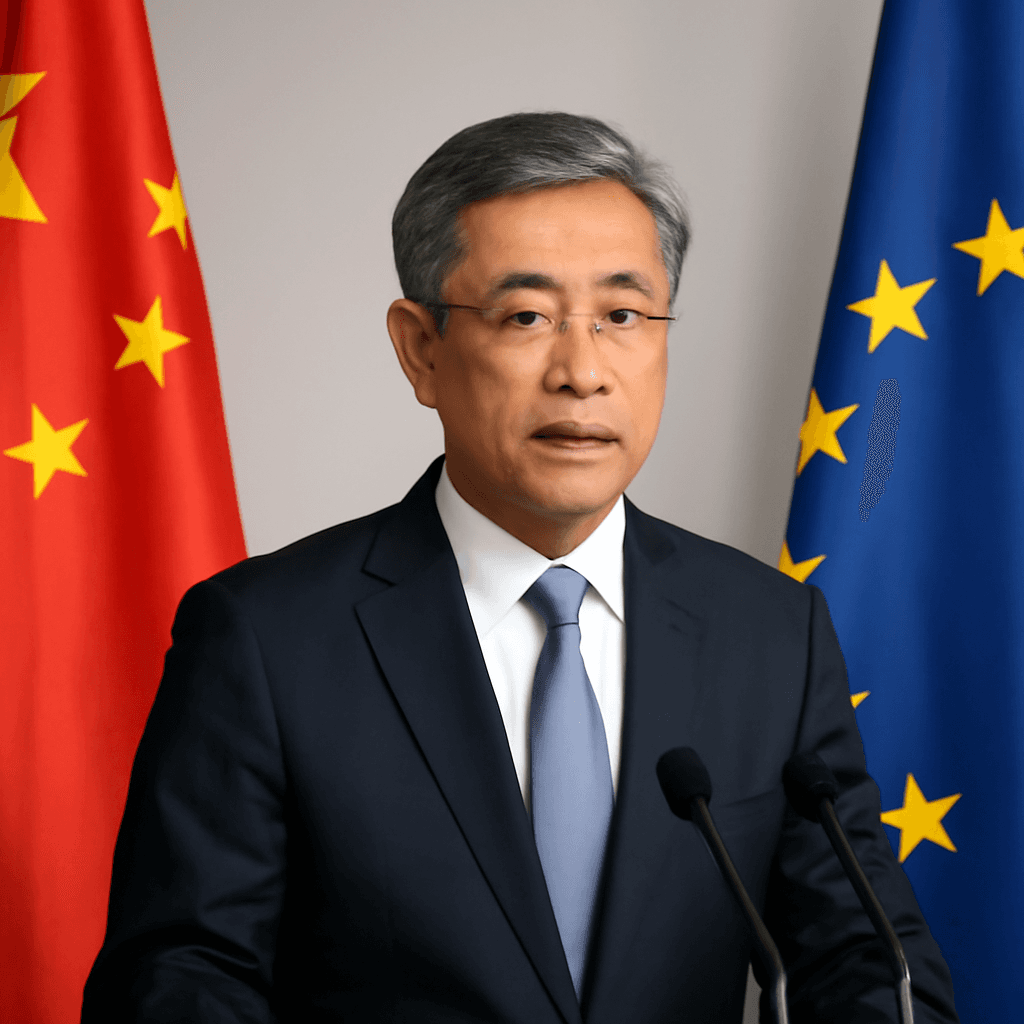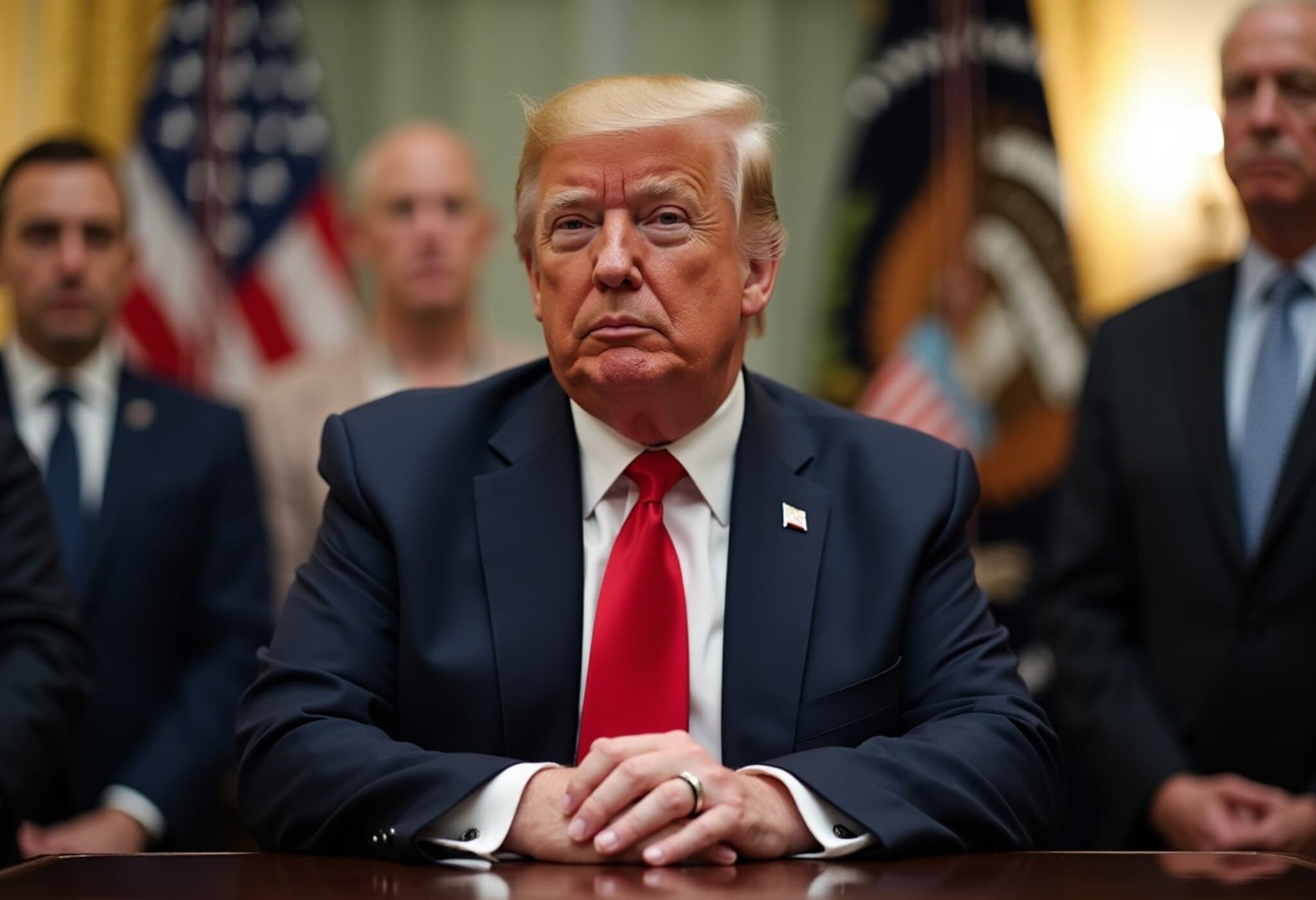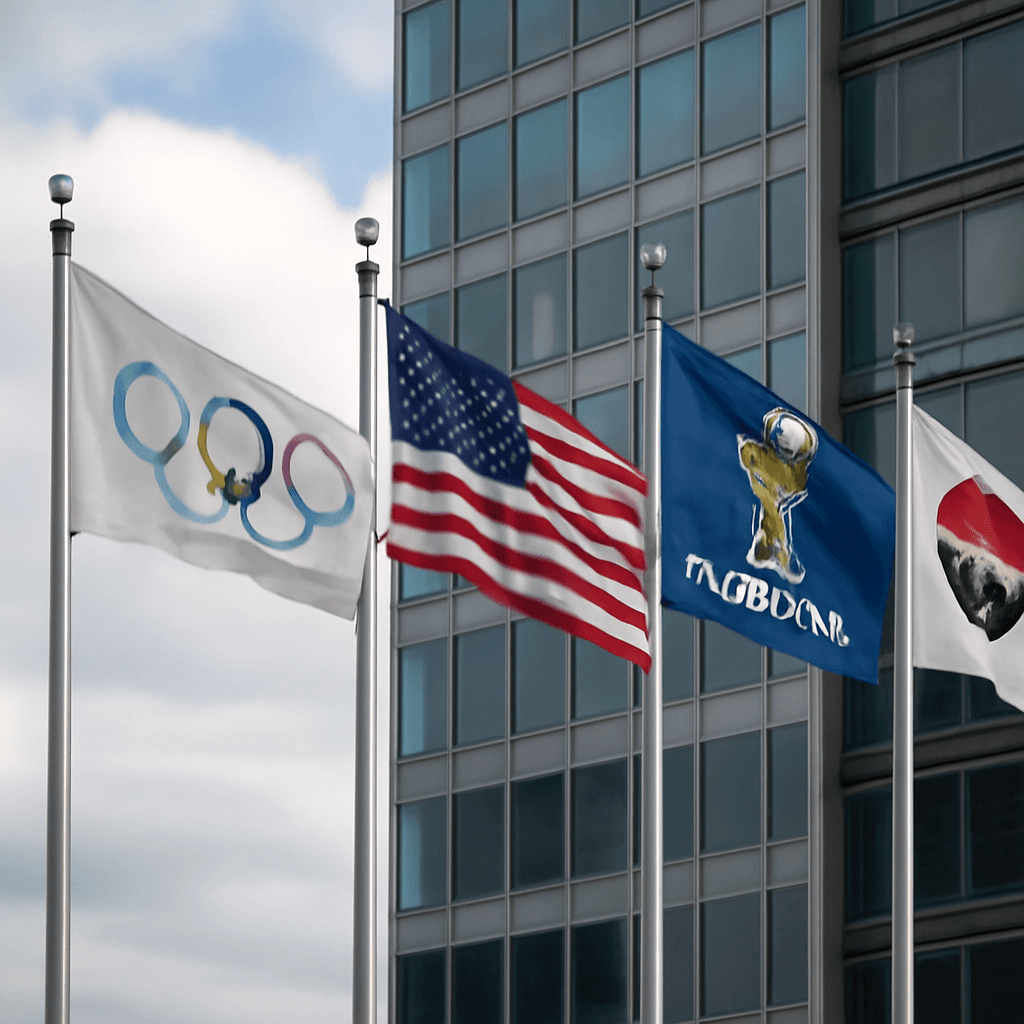Archer Aviation Stocks Slide After Major Share Sale
Archer Aviation's stock fell roughly 15% following the announcement of an $850 million share offering intended to fund its expansion efforts. The company, focused on electric vertical takeoff and landing vehicles (eVTOLs), aims to strengthen infrastructure and accelerate the rollout of its AI-driven aviation software platform.
Fueling Ambitious Growth Plans
The capital raise involves selling 85 million shares at $10 each, boosting Archer’s liquidity to around $2 billion. CEO Adam Goldstein expressed confidence in their financial positioning, stating that Archer now boasts one of the strongest balance sheets in the eVTOL sector, enabling aggressive execution of projects both domestically and internationally.
Strategic Initiatives Supported by Funding
- Development and launch of an artificial intelligence-powered flight software platform
- Advancement of the Launch Edition program
- Exclusive provider of air taxi services for the 2028 Los Angeles Olympics
Market Momentum Spurs Industry Growth
The share sale comes shortly after a presidential executive order promoting a pilot program to facilitate the development and deployment of eVTOL vehicles across the United States. This directive drove stock rallying for both Archer and competitor Joby Aviation earlier in the week.
The eVTOL sector has gained considerable attention as a promising solution to reduce urban emissions and traffic congestion. However, the industry still faces complex regulatory and safety challenges before wide adoption can occur.
Competitive Landscape and Recent Partnerships
- Archer partnered with a major airline to introduce an airport taxi service utilizing their eVTOLs.
- Joby Aviation secured a substantial $500 million contract with Toyota to aid in certifying and manufacturing their eVTOL models.
Looking Ahead: Exhibitions and International Expansion
Archer plans to unveil its Midnight eVTOL aircraft at the upcoming Paris Air Show. Additionally, the company is exploring expansion into the United Arab Emirates, marking the region as their first international market.

